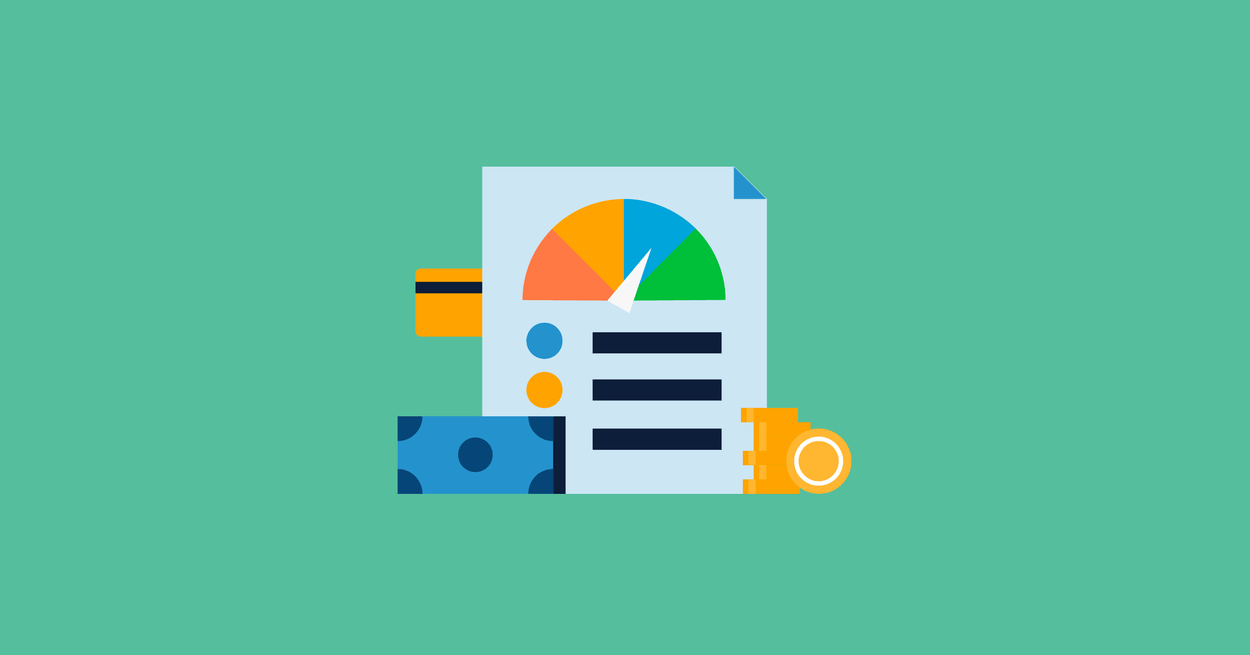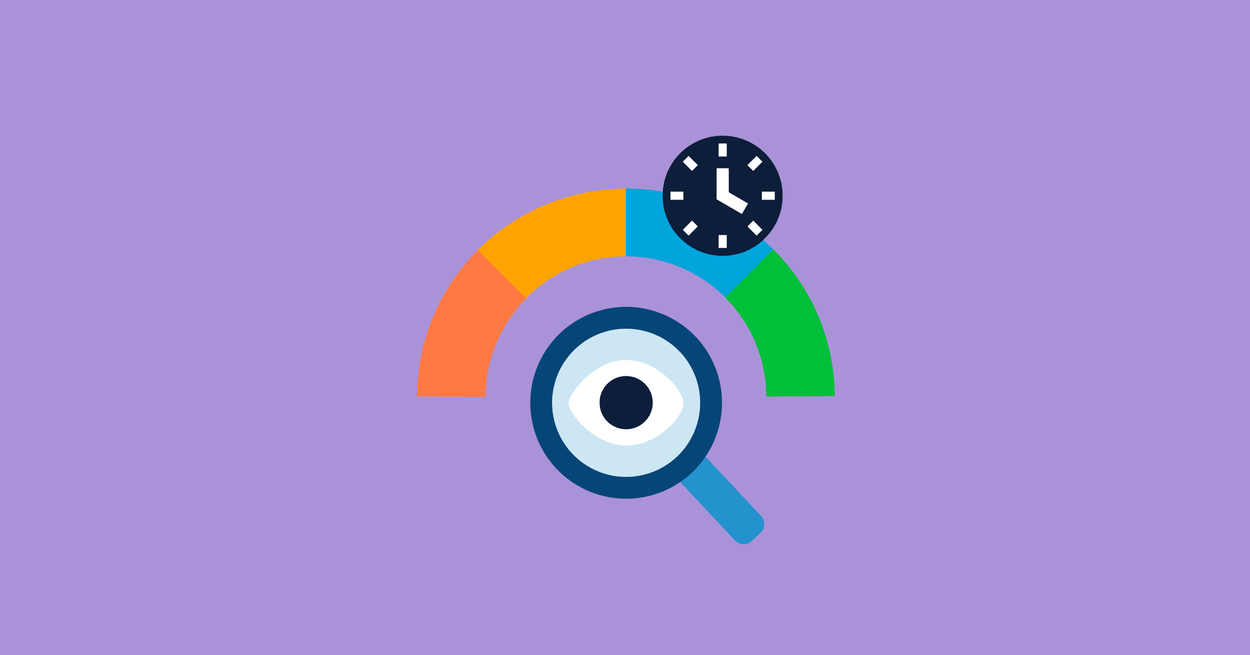
What is a credit score?
Lenders consider your financial history when deciding whether to lend to you. One thing they might look at are credit scores, which come from Credit Reference Agencies (CRAs). There are three main CRAs: TransUnion, Experian and Equifax.
Credit scores are based on things like your history of borrowing and paying money back, and they help track your borrowing health. Credit Reference Agencies will look at a bunch of other things too, based on their own criteria, and each CRA will score you differently.
Credit scores show your borrowing health
When you try to borrow money, apply for a credit card, or even get a mobile phone contract, companies want to figure out if you're likely to pay back any money that you borrow. Among other things, they'll use information about how you’ve borrowed in the past to help them make that decision, and credit scores are a good summary of the information they have.
Credit reference agencies gather lots of financial data about you, and then lenders use this data to try to predict whether or not it’s responsible to lend you money. Your credit score is a numerical representation of this data – so you can understand how lenders might see you.
There is no universal 'good' or high credit score in the UK. Credit reference agencies generate your score based on information they'll try to get about you. They'll look at your borrowing history, your credit limits, how you use your credit, details from local authorities, details from courts and other factors.
High or ‘good’ scores usually mean better deals
That's better deals when you borrow money, or on things like phone contracts. A low score could mean you're not offered those things, or they're more expensive.
Keep in mind that a good score doesn’t guarantee you anything – lenders’ own criteria might mean you’re not eligible for their offerings, even if you’ve got the highest score.

Some credit reference agencies provide specific numbers they consider ‘good’
There’s no such thing as one ‘good’ credit score. There are better and worse credit scores, and some credit reference agencies provide specific numbers they consider ‘good’.
TransUnion
A TransUnion credit score is ranked out of 710. Anything above 604 is thought of as ‘good’.
Knowing your credit score is important, even though it will look different across the three agencies.
Experian
Experian rate credit scores from 0-999. To help you know what the numbers mean when you check your credit score, 881-960 is considered ‘good’, while 721-880 is ‘fair’ which means ‘ok’ by their assessment.
Equifax
An Equifax credit score is out of 700, with 420-465 considered good and anything above that being excellent.
Read more about how to improve your credit score here.
Myths about credit scores
Having a high credit score could mean better rates and higher limits when borrowing money. But it can be hard to know how to get a high or ‘good’ credit score or what causes a low credit score. You can end up hurting your credit score without realising why. Here are a few myths that just aren’t true:
You have one credit score
You don't have a single credit score - you have many. They’re decided by different credit reference agencies, and each credit reference agency will look at different things when working out your credit score. Also, each lender will care about different things when deciding whether or not to offer you a credit card, loan or other product you’re borrowing for.
Checking your credit score hurts it
Checking your credit score doesn’t harm it at all. Checking your score may appear as a “soft” check on full credit reports, but it never impacts your score positively or negatively, and it’s never taken into decisions that lenders might make about whether to lend you money.
Not taking out any credit gives you a better score
Your credit history shows credit reference agencies how you’ve managed money in the past. So if you don’t have any history, they don’t have much of a picture of you as a borrower.
Your income affects your credit score
Having a high or low income doesn't affect your credit score, but your income could be used to decide whether to lend you money.
Your credit score measures lots of things, including your history with payments, but lenders might also ask you about your income and financial commitments to help them make a decision when you apply. If you have a low income but borrow money and pay it back on time, your credit score could be higher than someone with a high income, who’s missed lots of payments.

How long does it take to improve your credit score?
There’s no right answer to how long it takes to improve or get a good credit score.
Making sure your address is up to date may be considered quite quickly. But credit reference agencies becoming aware of, and adding, things like new bank accounts or credit cards can take up to three months. Missed payments will stay on your record for 6 years, and while paying them back will go some way to helping, a missed payment is still factored into your score even if you've paid it back.
The same goes for credit utilisation. If you’ve spent a number of months using a high percentage of your overdraft or credit card limit, try to bring your usage of your credit down to around 25%. Once you’ve done this for a few months, you’ll show agencies and lenders that your financial behaviour has changed.
Other things that will appear on your credit report, such as a bankruptcy, remain visible for six years. Sometimes it can be longer, like if you break the terms of your bankruptcy.
The sooner you start taking steps to changing your financial habits, the quicker you’ll build up good financial health and this can help improve your credit score!
Soon, you’ll be able to see your credit score in Monzo! Read more about it here. 🎉